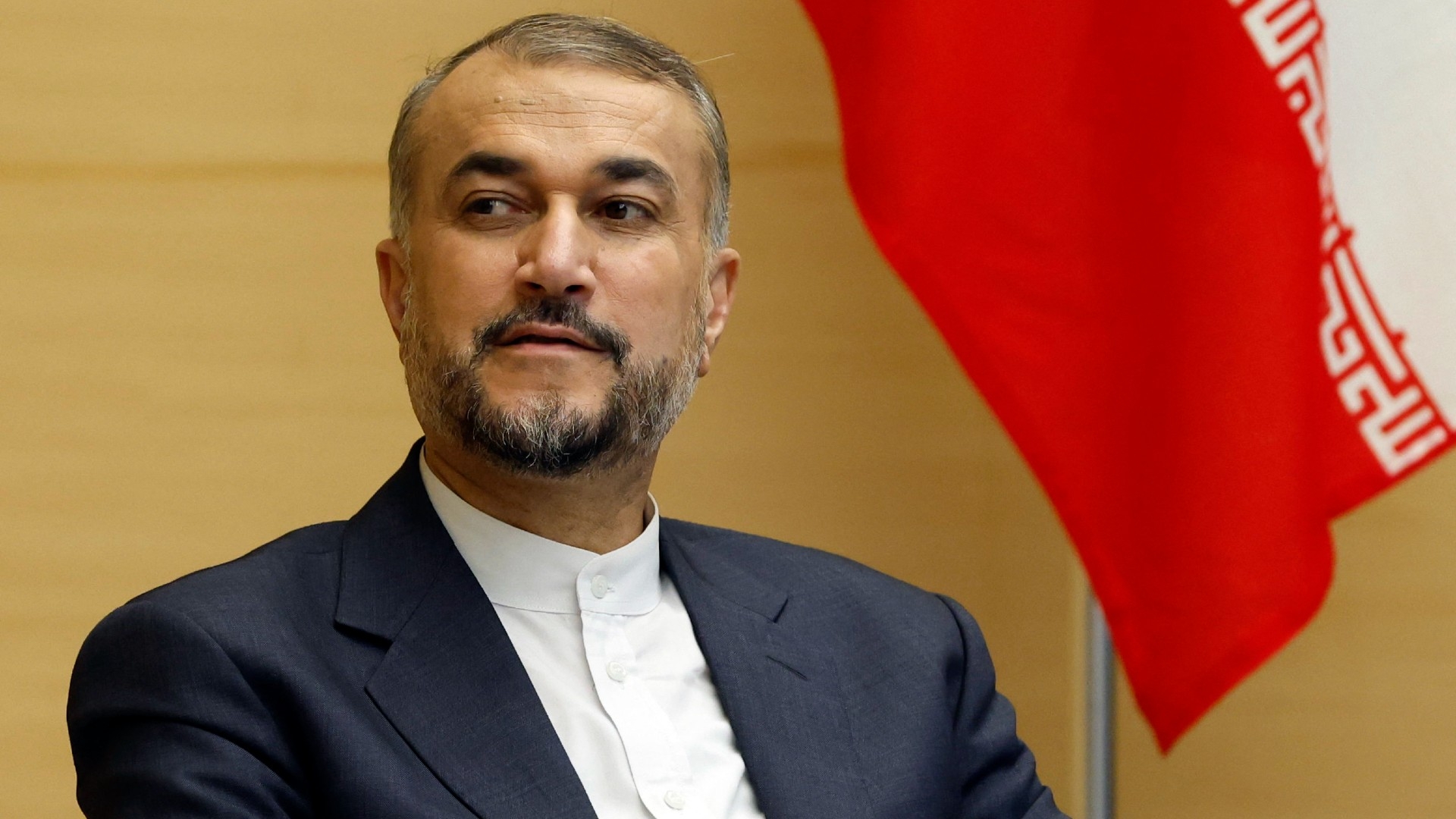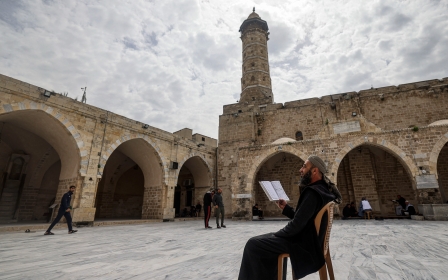Israel-Palestine war: Iran told US it doesn't want regional escalation, says report

Iran has told the US that it was not seeking for the conflict between Israel and Hamas to spread, but that further Israeli assaults on Gaza could result in a regional spillover, according to statements by Iran’s top diplomat on Friday.
“Over the past 40 days, messages have been exchanged between Iran and the US, via the US interests section at the Swiss embassy in Tehran,” Foreign Minister Hossein Amirabdollahian said in an interview with the Financial Times.
In response to the US, Amirabdollahian had told Washington that “Iran does not want the war to spread, but due to the approach adopted by the US and Israel in the region, if the crimes against the people of Gaza and the West Bank are not stopped, any possibility could be considered, and a wider conflict could prove inevitable".
Iran has constantly said that it was not made aware of the 7 October assault on Israel, something that Washington also agrees with.
Iranian diplomats have crisscrossed the region and diplomatically have used Israel’s bloody assault on Gaza to shore up Tehran's regional ambitions, by amongst other things meeting Egyptian and Saudi officials - two countries it has had a frosty relationship with.
Stay informed with MEE's newsletters
Sign up to get the latest alerts, insights and analysis, starting with Turkey Unpacked
Amirabdollahian has also pushed back on the idea that Iran controls regional groups like Hamas, Hezbollah in Lebanon, or the Houthis in Yemen.
Each of these groups has its own political identity rooted in their countries, but the foreign minister warned that they “are not indifferent towards the killing of their Muslim and Arab peers in Palestine".
Amirabdollahian dismissed that the US had threatened Iran with an attack if Hezbollah launched one on Israel.
Instead, the Iranian diplomat warned that Washington was adding fuel to the regional fire while asking Iran “to exercise restraint".
Amirabdollahian added that American threats towards Hezbollah would be unlikely to work and the Lebanese group would make its own decisions.
“Our military officials are of the opinion that the deployment of US aircraft carriers near our region, which makes them accessible, is not a strong point for the US. Rather, it makes them more vulnerable to possible strikes,” Amirabdollahian said.
“The war has already expanded in the region,” he added. “The fact that the Yemeni army [Iran-backed Houthi movement] . . . attacks the occupied lands with missiles and drones means the war has begun to expand. The fact that Hezbollah is fighting with a third of the Israeli army shows the war has expanded.”
According to a report by Reuters this week, Iran’s Supreme Leader Ayatollah Ali Khamenei told Hamas chief Ismail Haniyeh earlier this month that Tehran would not be joining a war against Israel.
Citing “three senior officials,” Reuters said that Khamenei reportedly said that because no prior notice was given for the 7 October attack, Iran would only provide political support rather than “intervene directly".
It added that Khamenei told Haniyeh that he should “silence those voices” within the group looking to bring Iran and Hezbollah into the fight “in full force".
The report said Hezbollah was also caught off guard by the massacre.
“We woke up to a war,” Reuters quoted an unnamed commander in the Lebanese group as saying.
On 7 October, Hamas' military commander Mohammed Deif called on its regional allies to join the struggle. "Our brothers in the Islamic resistance in Lebanon, Iran, Yemen, Iraq, and Syria, this is the day when your resistance unites with your people in Palestine," he said in an audio message.
So far, Iran and its allies in Iraq, Syria, Lebanon, and Yemen have given tepid support, without fully engaging in the war.
Middle East Eye delivers independent and unrivalled coverage and analysis of the Middle East, North Africa and beyond. To learn more about republishing this content and the associated fees, please fill out this form. More about MEE can be found here.





